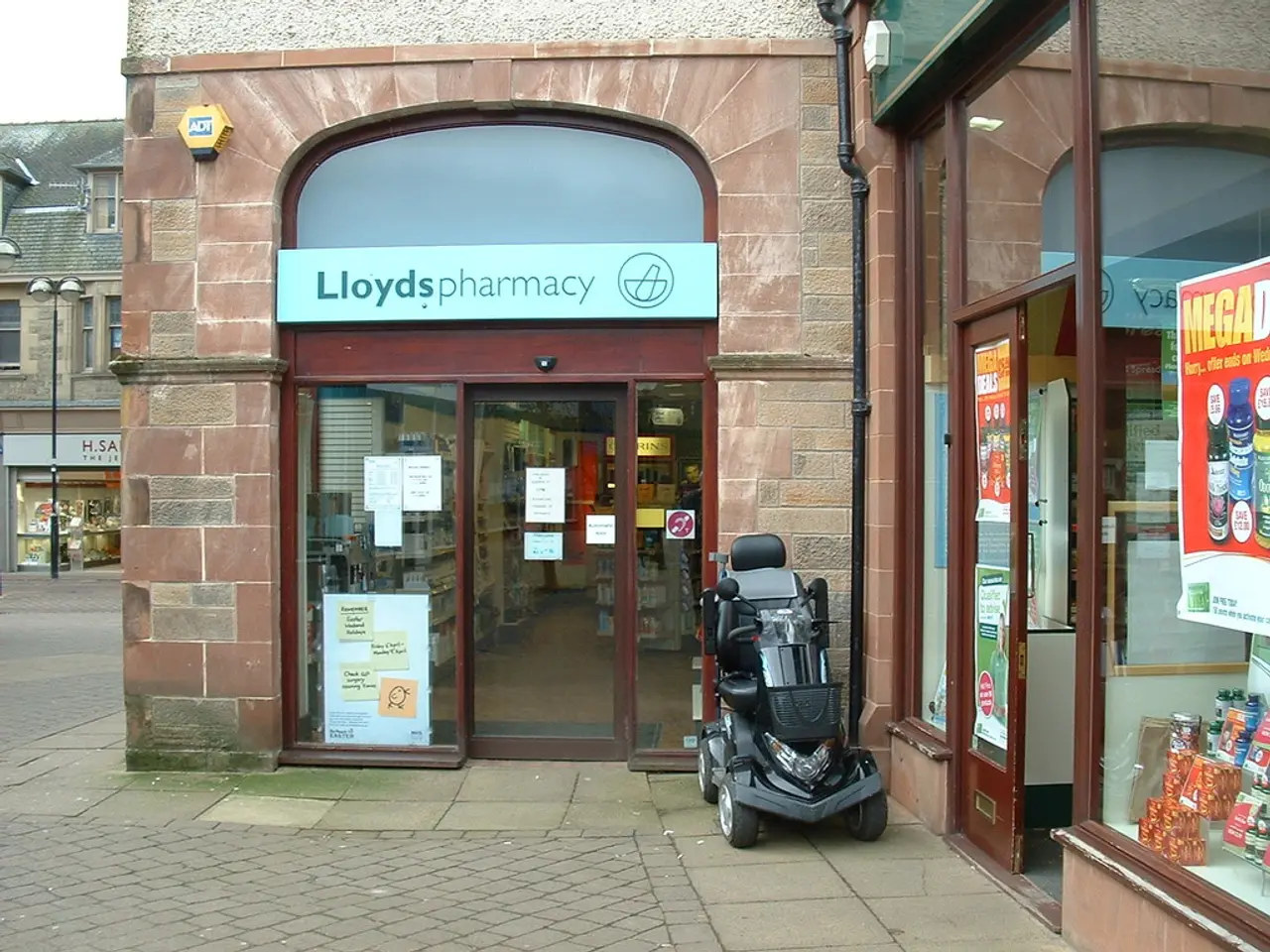Customs and Border Protection (CBP) and Food and Drug Administration (FDA) collaboratively seized over $3.5 million worth of fake medications at Cincinnati port.
Headline: CBP and FDA Seize Counterfeit Medications Worth Over $3.5 Million in Joint Operation
The U.S. Customs and Border Protection (CBP) and the Food and Drug Administration (FDA) recently collaborated in a successful operation at the Port of Cincinnati, seizing a significant quantity of counterfeit medications. A total of 16,740 injectables of counterfeit pre-filled medicated pens were confiscated, with a combined value of over $3.53 million if legitimate.
The seized shipments had final destinations in 40 of the 50 states, including Washington D.C., with most shipments heading to Texas, Florida, Georgia, Colorado, California, and New York. The pharmaceuticals originated from multiple countries, with the most coming from Hong Kong, China, Colombia, and Korea.
Among the counterfeit products discovered were injectables for Ozempic, Semaglutide, Retatrutide, and Tirzepatide, which are FDA-approved for the treatment of type 2 diabetes but not for weight loss. The health risks of illicit products are concerning due to unknown ingredients.
CBP and FDA are committed to protecting the nation's drug supply. They emphasize the risks of purchasing regulated cosmetics and pharmaceuticals online, including the possibility of receiving unapproved, counterfeit, or unsafe products that have not undergone FDA safety and effectiveness review, potentially leading to serious health hazards.
Key guidelines and regulations when purchasing these products online include FDA screening and import compliance, legality of importation, accurate classification and documentation, and purchasing from legitimate sources. Consumers and clinics should only buy regulated products from legitimate, licensed distributors who provide batch numbers, certificates of analysis, and evidence of marketing authorization to ensure product authenticity and safety.
CBP targets and inspects questionable shipments being imported into the U.S. Consumers are advised to purchase pharmaceuticals from reputable sources and ensure medications are administered by properly trained and licensed medical professionals. Other medications discovered during the operation included Botox, Juvéderm, dermal fillers, erectile dysfunction medication, contact lenses, and other FDA-prohibited items.
Read also:
- Trump's SNAP reductions and New York City Council's grocery delivery legislation: Problems for city residents highlighted
- Forty-year-old diet: A list of meal choices to savor
- Exiled Life's Conundrum: A Blend of Liberation, Disillusionment, and Distress
- Establishing a support network for family caregivers nationwide in the United States





